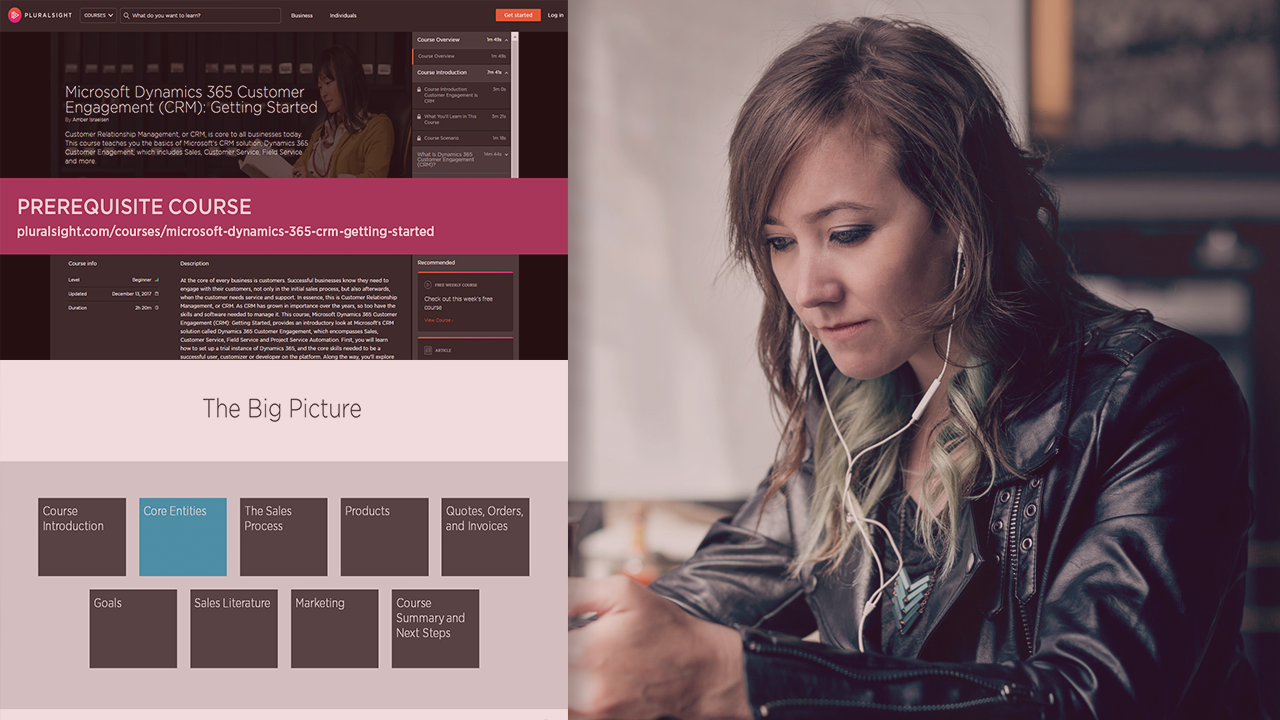Description
In this course, you will learn:
- Explain the peculiar qualities of water and discuss the origins of pollution.
- Introduction to modeling, problem identification, conceptualization, and the application of mathematical techniques to surface and ground water quality concerns.
- Understand the concept, technique, and basic tools for water quality modeling.
- Understand the various modeling methodologies, including their breadth and limitations.
- Create models based on the mass-balancing approach.
- Estimate the impact of external waste loading on various water bodies.
- Predict and simulate future situations using various loading scenarios or management/intervention action options.
- Identify difficulties, conceptualise, then develop a model using a few fundamental parameters.
- Optimization strategies are used to solve water resource challenges such as allocating water from reservoirs to different consumers.
- Ability to discern between several water quality models and optimization strategies and select the best one for the goals to be met.
Syllabus:
- Sources of water pollution
- Types of water pollutants
- Surface Water Standards
- Water Quality Monitoring
- Water Quality Modeling
- Modeling Water Quality in Rivers









